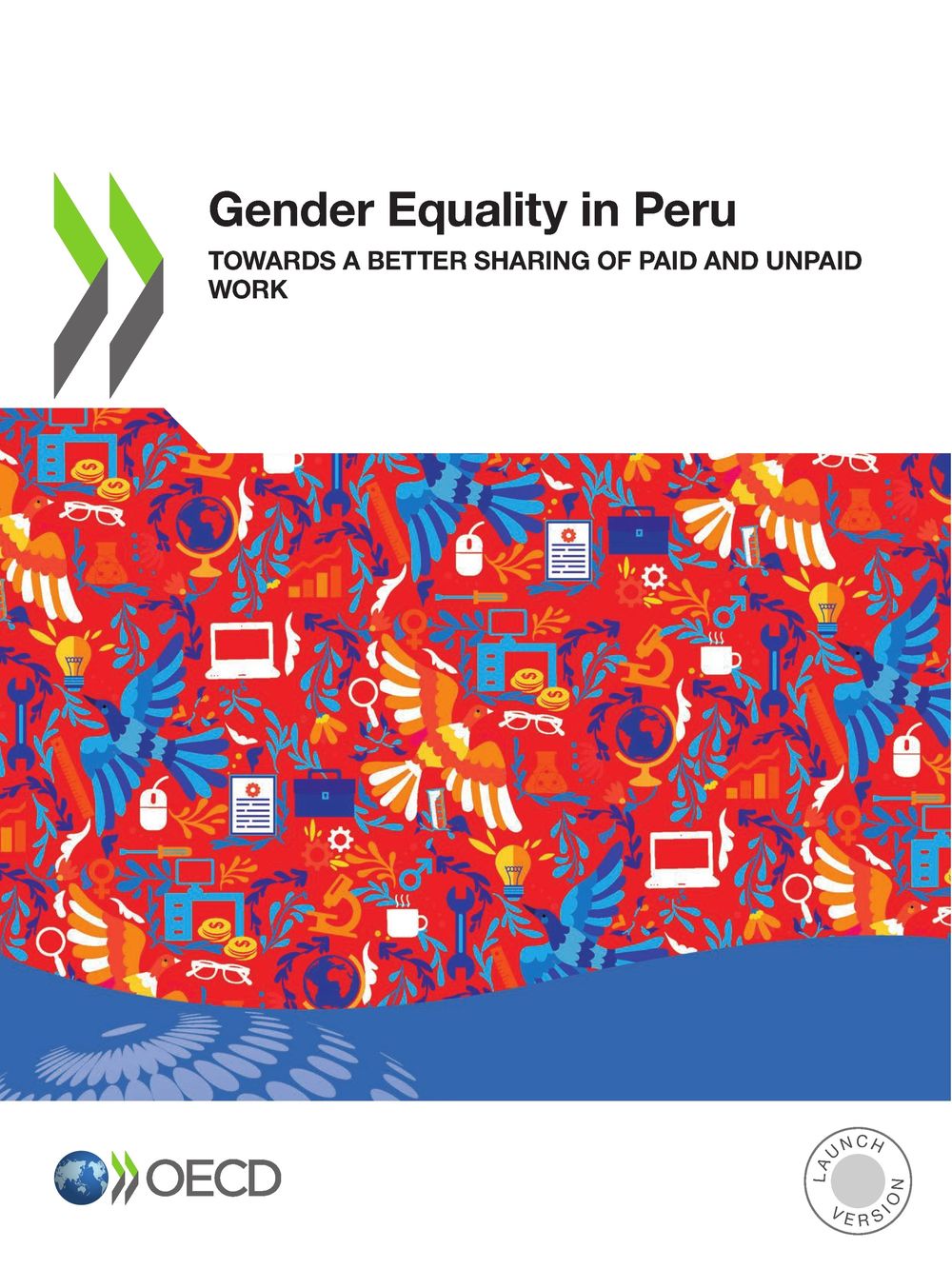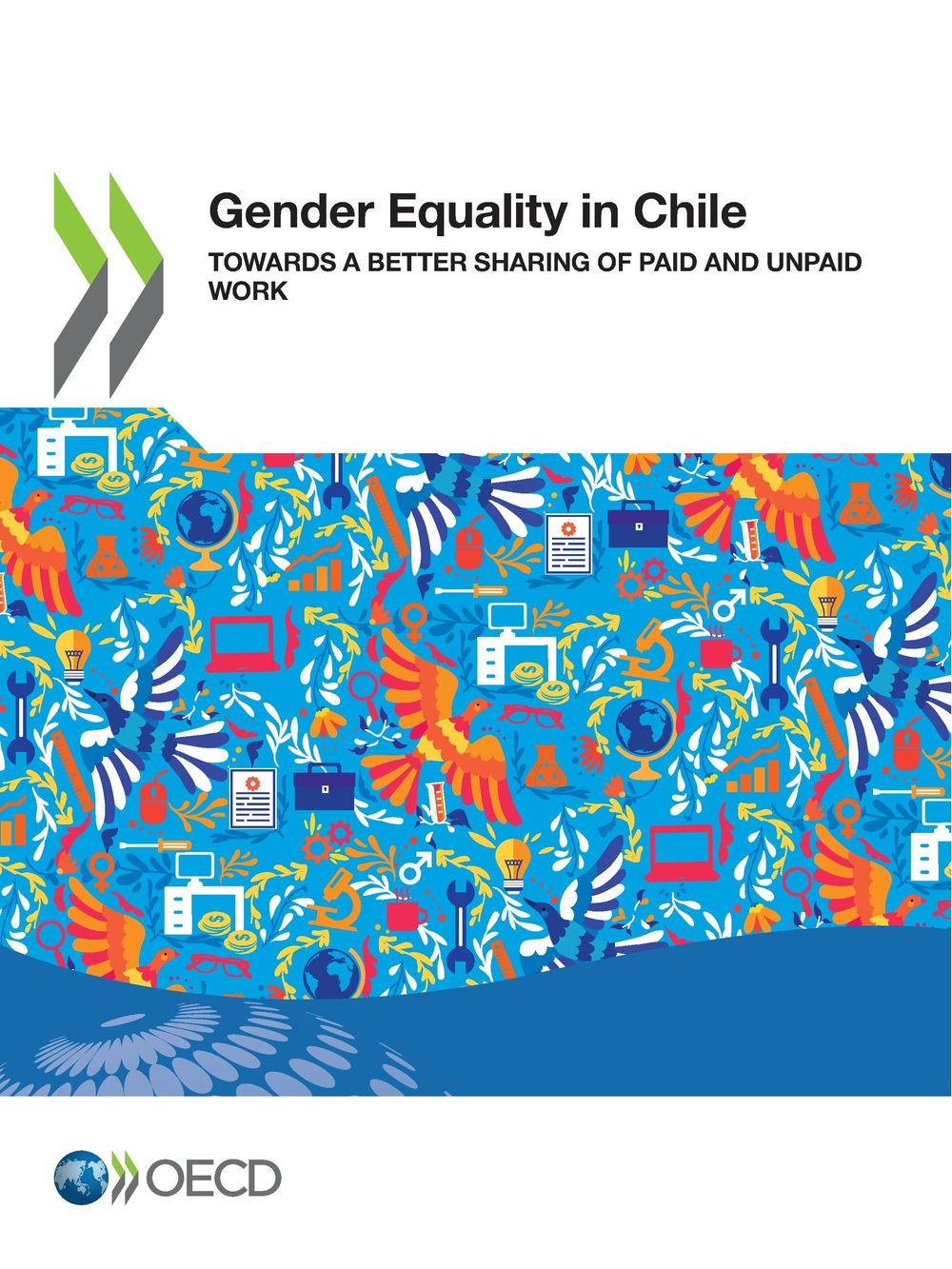OECD Series on Gender Equality: Towards a Better Sharing of Paid and Unpaid Work in LAC
Women represent a significant source of economic growth and poverty reduction in LAC. Yet, despite rising levels of education, only 52% of women in the region were employed in 2020, compared to 75% of men. This is explained by the fact that women tend to take more responsibility for care activities, which hinders their opportunities to integrate and succeed in the labour market.
The OECD has teamed up with the EU Facility for Development in Transition for Latin America and the Caribbean to analyse the major barriers limiting women’s insertion into the formal economy. The joint project aims to analyse gender gaps in educational, social and (formal and informal) employment outcomes with a focus on women's disproportionate responsibility for unpaid care and domestic work.
The project builds evidence and provides country-specific policy recommendations to design and implement comprehensive and multidimensional policies from a gender equality and women’s human rights perspective, in seven specific and complementary policy domains:
- Creating a more effective care system
- Expanding parental leave and flexible work options
- Reducing the transmission of gender stereotypes through the education system
- Ensuring access to quality education for all
- Promoting women in non-traditional careers and leadership positions
- Supporting female entrepreneurship
- Combating violence, as a key to raising women economic independence
The series Towards Better Sharing of Paid and Unpaid Work in LAC comprises four country studies and one regional review: Chile, Peru, Colombia (Forthcoming) and Costa Rica (Forthcoming). Each publication reviews data on gender gaps, setting the country in the international context, and offers policy insights while including the latest PISA and PIAAC results, as well as the SIGI (Social Institutions and Gender Index). The key findings are presented to national authorities and shared during a series of discussions with relevant stakeholders, academia and civil society.
The project was launched during the XIV Regional Conference on Women in Latin America and the Caribbean in Santiago, Chile in January 2020 with ECLAC, EU, OECD and national High Level Representatives.
The OECD Database on Gender gaps in Latin America and the Caribbean
The OECD Database on Gender gaps in Latin America and the Caribbean supports the work programme by providing a set of cross-national indicators on gender outcomes and policies. It includes (where possible) data for selected LAC countries, ie. Argentina, Brazil, Chile, Colombia, Costa Rica, Dominican Republic, Ecuador, Mexico, Paraguay, Peru, Uruguay and the OECD.
The Database brings together information from various international sources, both within the OECD and external organisations. It includes indicators under three main dimensions: 1. Education outcomes; 2.Labour market outcomes; and 3. the Drivers of gender gaps in outcomes.
3. Drivers of gender gaps in outcomes.
Click here to access the full range of activities and initiatives of the OECD on gender
Recent events
Launch event - OECD Study "Gender Equality in Peru"
23 June 2022: Agenda in English and Spanish
LAUNCH EVENT: OECD Review of Gender Equality in Chile
13 July | Agenda ENG | ESP
Contacts
Please contact:
grcdirlac@oecd.org



